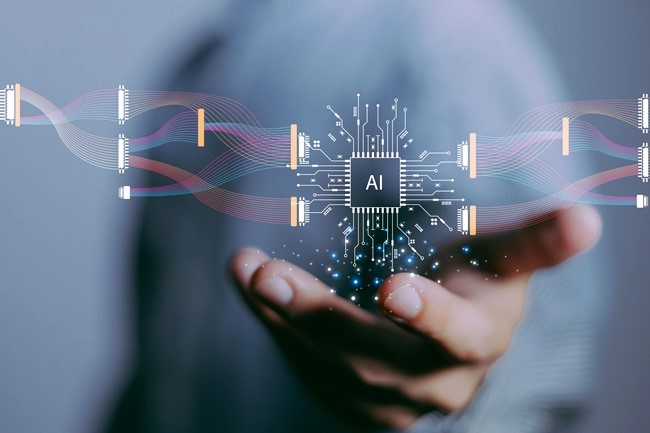Apr 14, 2025
Apr 14, 2025
Is our world ready for the promise of a super-intelligent, omnipresent, omnipotent entity that might eclipse human intelligence? Is our society prepared for a future where AI is the oracle, the architect, and the executor of our most complex problems and innovative solutions? Are we ready to relinquish some of our control and let AI take the helm of our world? Over the next decade, the answers to these questions could not only reshape our reality but could also redefine what it means to be human.

Artificial Intelligence, from its humble beginnings, has now become a cornerstone of our technological age, and its potential for the next ten years seems nothing short of science fiction. But could this fiction be our future?
AI, driven by machine learning and deep learning algorithms, is primed to revolutionize sectors we have only begun to imagine. It is predicted that in the next decade, AI could pioneer the development of new materials, drive the push towards sustainable energy, and even uncover the secrets of our universe. Imagine a future where AI-powered labs develop revolutionary materials with unimaginable properties, changing the landscape of manufacturing, construction, and consumer goods.
AI is also set to transform the world of healthcare. Future AI could analyze patient data in real-time, predict potential health risks, devise personalized treatment plans, and even perform complex surgeries with precision that surpasses human capabilities. Imagine an AI assistant that can not only monitor your health continuously but also alerts you to potential health issues before they become severe.
But the future of AI isn't without its challenges. One of the significant concerns is the impact of AI on employment. As AI systems become more sophisticated and autonomous, there's a risk that they could displace a vast number of jobs across sectors. And as AI integrates deeper into our lives, issues related to privacy, security, and ethics will become more critical.
AI also has the potential to widen the gap between technologically advanced and developing nations, creating a new form of digital divide. Ensuring equitable access to the benefits of AI will be a pressing issue in the coming decade.
Looking at these possibilities, it becomes clear that the AI of the future could be both a blessing and a challenge. Its potential to revolutionize our world is immense, but so too are the issues it could bring to the forefront.
As we stand on the brink of this technological revolution, we are forced to ponder: Are we ready to live in a world where AI could be smarter than us? Are we prepared to address the societal and ethical implications of such advanced AI? How do we ensure that the future of AI is a future that benefits all of humanity, not just a select few?
As we look to the future, these are the hard-hitting, thought-provoking questions that we must consider. The next decade will not only reveal the extent of AI's capabilities but also test our readiness to embrace and shape this technological revolution.
Image (c) istock.com
01-Jun-2024
More by : P. Mohan Chandran